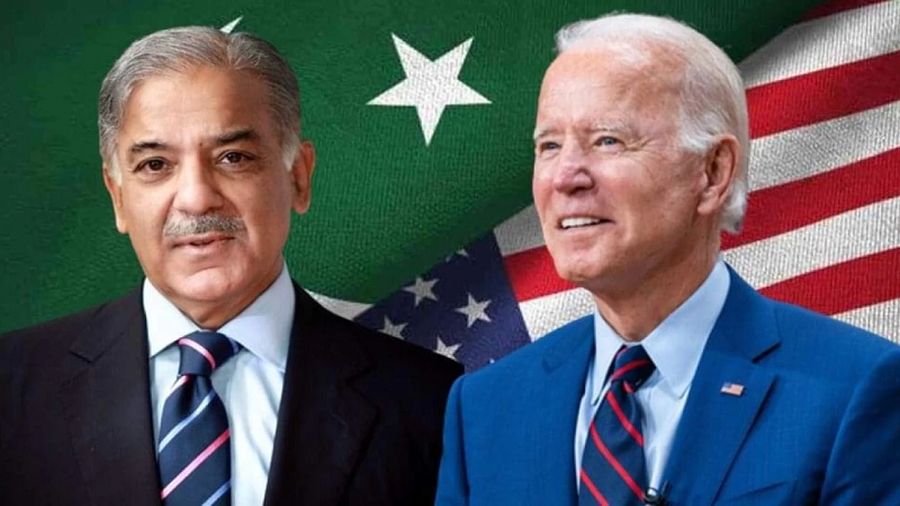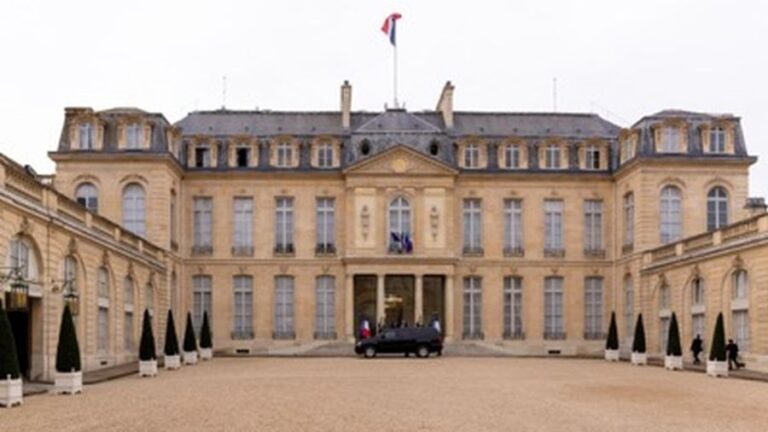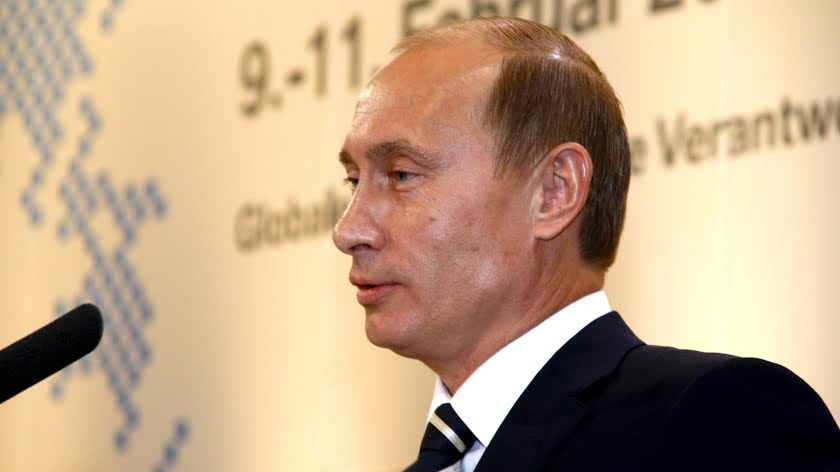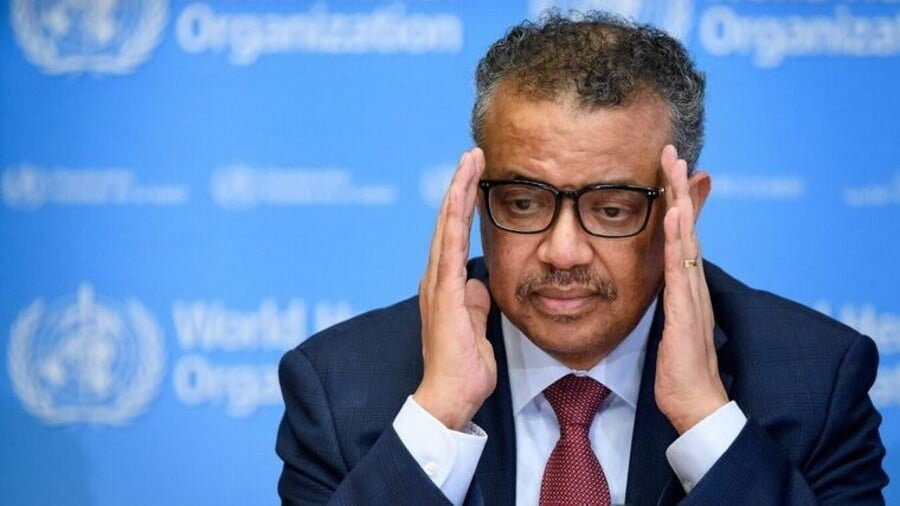The Taliban Defense Minister Just Called Pakistan Out for Being an American Military Proxy
It’s objectively the case that Pakistan’s prior alliance with America against the Afghan Taliban ended up fueling the TTP and other terrorist groups’ war against the state after they exploited genuine grievances to advance their evil cause. Pakistan didn’t gain anything from that previous policy, which ultimately ended up being completely counterproductive to its objective national interests. It therefore follows that replicating this failed policy will result in another disastrous outcome.
Taliban Defense Minister Maulvi Muhammad Yaqoob condemned Pakistan on Sunday for facilitating America’s drone activity in Afghanistan, claiming that “Based on the information, the US drone aircraft are coming from Pakistan and entering Afghanistan territory.” That declining unipolar hegemon has been fiendishly searching for regional vassals to at the very least “passively facilitate” its continued meddling there ever since it chaotically evacuated from the country in defeat one year ago. It hasn’t officially clinched any such deal, but credible speculation abounds that its assassination of the Al Qaeda chief in early August was the result of Pakistan letting an armed drone transit through its airspace.
Russian National Security Council Secretary Nikolay Patrushev also warned his SCO counterparts later that month about the US’ ulterior motives in hosting ongoing military drills in Tajikistan. According to him, “the Americans need such events in order to study the potential theater of military operations, specify the positions of potential targets and adjust digital maps for high-precision weapons. I really hope that all the SCO member states by now realize the extremely high risks that these American initiatives present for our security…[It also seeks] to persuade Afghanistan’s neighboring states to create a supposedly temporary infrastructure for counterterrorist operations.”
These remarks can be interpreted as a subtle signal to Pakistan, which participated in those drills that Patrushev just criticized, considering the background context of its post-modern coup regime speculatively agreeing to allow American drones to transit through its airspace en route to Afghanistan. Add to it the Taliban Defense Minister’s latest accusation against that South Asian state whose previously multipolar government was just replaced by a US-orchestrated but domestically driven plot as punishment for the Eurasian dimension of its independent foreign policy, and it becomes increasingly clear that the earlier cited speculation certainly carries with it a lot of credence nowadays.
Should there be any truth to these suspicions, then the secret drone pact between America and Pakistan could ultimately prove disastrous for the second-mentioned’s security. That’s because the Taliban are de facto allied with the terrorist-designated “Tehreek-e-Taliban Pakistan” (TTP), with whom Islamabad is presently trying to negotiate some sort of shadowy peace deal with. Terrorism can never be justified no matter the basis upon which its perpetrators commit their atrocious attacks, but there’s also no denying that the TTP exploited locals’ anger at Pakistan’s prior alliance with America against the Afghan Taliban at the start of the present century.
It therefore follows that this terrorist group might once again take advantage of genuine grievances connected to that state’s speculative revival of this alliance as hinted at by Patrushev and just openly claimed by the Taliban Defense Minister to breathe a second life into their movement. To be absolutely clear, the exploitation of genuine grievances doesn’t in any way whatsoever justify acts of terrorism like those that the TTP is infamous for committing against innocent civilians, and Pakistan has every right to eliminate the threat that this group poses, but the state’s anti-terrorist capabilities will remain hamstrung so long as it relies solely on military means and refuses to address related root causes.
Only a comprehensive policy that includes socio-economic, military, political dimensions can sustainably safeguard states from terrorist threats. Regarding the first, tangible investments must be made in local communities in order to preemptively deter desperate folks from falling under the allure of terrorist recruitment schemes. As for the second, all credible terrorist threats must be eliminated through whichever means the state determines to be the most effective for protecting innocent lives. Concerning the last dimension, certain policies are indeed counterproductive to anti-terrorist causes since they risk unnecessarily provoking certain individuals and thus potentially radicalizing them.
To elaborate a bit more on that point so as not to be misunderstood or have the preceding insight maliciously misportrayed, no state should ever be held hostage to the political blackmail of any terrorist forces like the TTP. That said, it’s objectively the case that Pakistan’s prior alliance with America against the Afghan Taliban ended up fueling the TTP and other terrorist groups’ war against the state after they exploited genuine grievances to advance their evil cause. Pakistan didn’t gain anything from that previous policy, which ultimately ended up being completely counterproductive to its objective national interests. It therefore follows that replicating this failed policy will result in another disastrous outcome.
Back then, Pakistan only participated in the US’ anti-Taliban alliance under coercion, just like it’s suspected of doing so nowadays as well. Unlike in the past, however, the present set-up that’s superficially ruling the country in public is the direct result of an American regime change plot. This in turn suggests that the speculative decision of reviving that failed policy didn’t occur under the same amount of pressure as before but was comparatively more voluntary, though it should also be said that its prior multipolar government absolutely wouldn’t have agreed to this, ergo the reason why it was replaced with compliant proxies through early April’s post-modern coup.
With this insight in mind, it becomes ever more obvious that former Prime Minister Khan was deposed not just as punishment for the Eurasian dimension of his independent foreign policy, but also because he famously announced last summer that he would “absolutely not” agree to allow the American military to exploit Pakistan as an anti-Afghan proxy following its planned withdrawal from that country. This multipolar visionary regrettably wasn’t able to stop the US-orchestrated but domestically driven regime change plot against him, but his replacements also weren’t able to brainwash their people into accepting it either, thus leading to Pakistan’s worst political crisis in recent memory.
The post-modern coup regime is now resorting to openly dictatorial means in a desperate bid to cling to power against the democratic will of the Pakistani people, not only to protect their own selfish interests, but also more than likely to preserve their speculatively revived anti-Taliban alliance with America that the group’s Defense Minister just accused them of secretly clinching. These counterproductive policies are provoking the Pakistani people and fueling the terrorist-designated TTP’s efforts to exploit genuine grievances for recruitment purposes, thus altogether destabilizing one of the world’s most populous and geostrategically significant countries, which is a cause for regional – if not global – concern.







